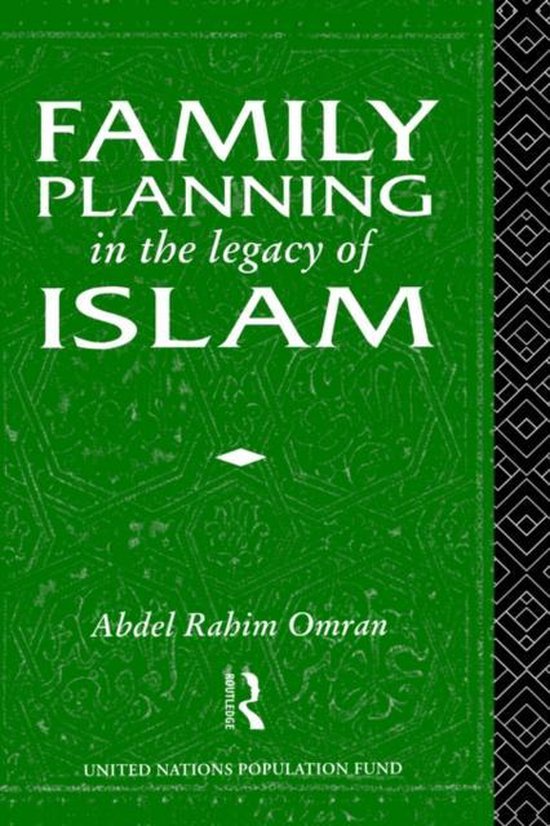
Family Planning in the Legacy of Islam
-
AuteurAbdel-Rahim Omran
- Uitgeverij-
- Jaar-
'Family Planning in the Legacy of Islam' by Abdel-Rahim Omran is a groundbreaking exploration of the intersection between Islamic teachings and family planning practices. This meticulously researched book delves into the historical, religious, and social dimensions of family planning within Muslim communities, offering a comprehensive understanding of its evolution and current practices. Omran's work is pivotal for scholars, policymakers, and anyone interested in the nuanced relationship between religion and reproductive health. The book not only sheds light on Islamic perspectives on contraception and population control but also addresses the challenges and opportunities for family planning in Muslim-majority countries. With its rich historical context and contemporary analysis, this book serves as an essential resource for understanding the complex dynamics of family planning in the Islamic world.
Beschikbare exemplaren
Zonder stofkaft! Verder is het boek in goede staat.